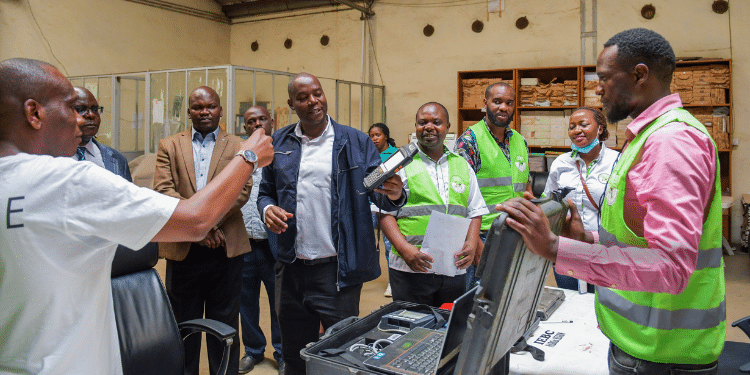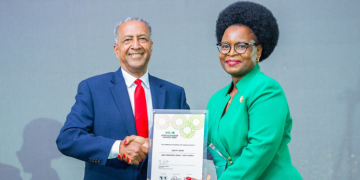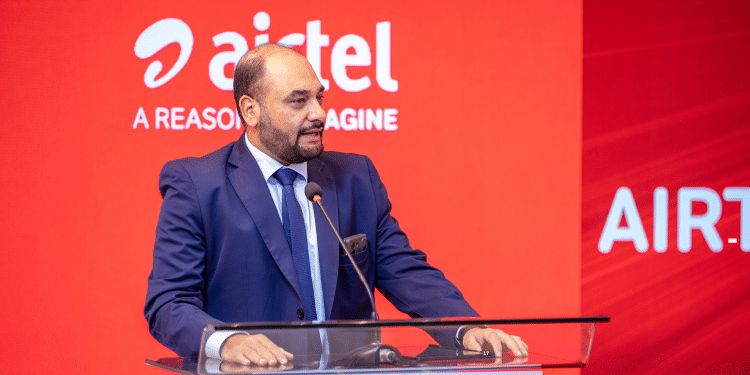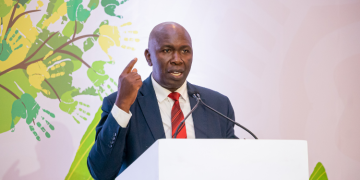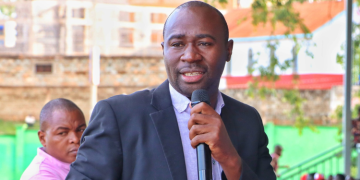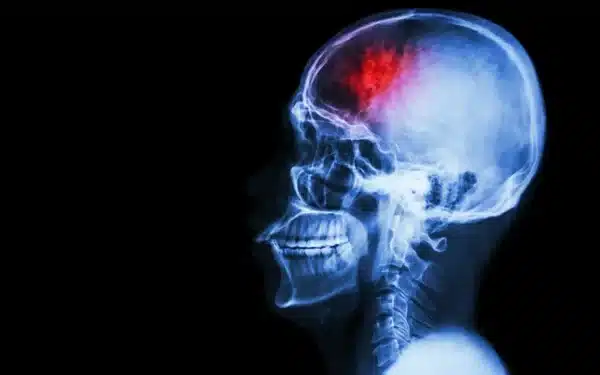A new study shows that at least 60% of all stroke survivors develop cognitive problems ranging from memory loss to thinking problems, within the first year.
According to a statement by the American Stroke Association, one third of stroke survivors develop dementia within five years.
“The numbers are staggering, right?” said Dr. Andrew Freeman, director of cardiovascular prevention and wellness at National Jewish Health in Denver.
“This is a call to action to up our game and focus on prevention,” said Freeman, who was not part of the scientific committee who prepared the statement.
Dr. Nada El Husseini, an associate professor of neurology at Duke University Medical Center in Durham, North Carolina, in a statement said as much as cognitive impairment is mild, they can seriously affect one’s quality of life.
“Cognitive impairment is an often under-reported and under-diagnosed but yet very common condition stroke survivors frequently deal with,” said Dr. Nada El Husseini.
“Cognitive impairment after stroke ranges from mild impairment to dementia and may affect many aspects of life, such as remembering, thinking, planning, language and attention, as well as a person’s ability to work, drive or live independently,” he added.
Also Read: Living in a World of Delusions: A Closer Look at Cotard’s Syndrome
The good news is, about 20% of people who experience mild cognitive impairment after a stroke fully recover their cognitive function, typically within the first six months.
The most common signs of a stroke include:
- Sudden weakness or numbness on one side of the body, including the face, arm, or leg.
- Difficulty speaking or understanding speech.
- Sudden vision changes in one or both eyes.
- Sudden severe headache with no known cause.
- Loss of balance or coordination.
- Confusion, trouble understanding or difficulty thinking or remembering.





